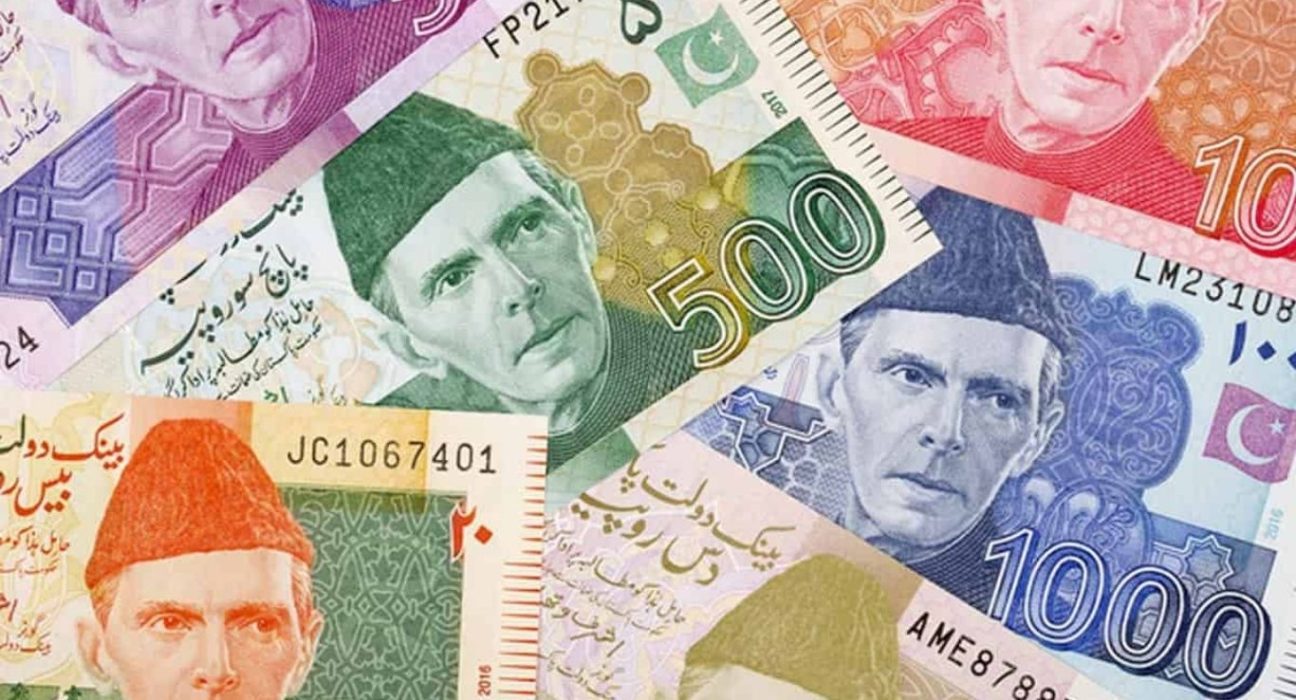The Pakistani rupee fell by 1.3% to a record low of 288.5 against the U.S. dollar on Wednesday, as former prime minister Imran Khan was arrested by the anti-corruption agency in Islamabad. The arrest came as part of an ongoing investigation into allegations of corruption during Khan’s time in office.
The decline in the rupee is a worrying sign for Pakistan’s economy, which has been struggling with a range of challenges in recent years. These include a large trade deficit, rising inflation, and a shortage of foreign currency reserves.
One of the main factors behind the currency’s decline is the country’s large current account deficit. This refers to the difference between the value of the goods and services that Pakistan imports and exports. In recent years, Pakistan has been importing more than it exports, leading to a large deficit that has put pressure on the country’s foreign currency reserves.
Another factor is the political instability that has plagued the country in recent years. Pakistan has experienced a number of military coups and periods of political turmoil, which have undermined confidence in the country’s institutions and deterred foreign investment.
The arrest of Imran Khan is likely to add to these concerns, as it raises questions about the rule of law and the effectiveness of Pakistan’s anti-corruption measures. Khan was elected on a platform of fighting corruption and improving governance, but his critics accuse him of failing to deliver on these promises.
The decline in the rupee is also having an impact on Pakistan’s international bonds, which have nudged lower in response to the currency’s weakness. According to Tradeweb data, the 2024 issue is down 0.4 cents on the dollar.
The implications of the currency’s decline for Pakistan’s economy are significant. A weaker rupee makes imports more expensive, which can push up inflation and reduce the purchasing power of consumers. It also makes it more expensive for the government to service its foreign debt, which could lead to a further deterioration in the country’s finances.
However, there are some potential upsides to the currency’s weakness. A weaker rupee can make Pakistan’s exports more competitive, as they become cheaper for foreign buyers. This could help to reduce the country’s trade deficit and boost its economic growth.
In order to address the challenges facing its economy, Pakistan will need to take a range of measures. These could include reducing its reliance on imports, boosting its exports, and attracting more foreign investment. The government will also need to take steps to improve governance and tackle corruption, in order to restore confidence in the country’s institutions.
In conclusion, the decline in the Pakistani rupee following the arrest of former Prime Minister Imran Khan highlights the challenges facing Pakistan’s economy. The country will need to take decisive action in order to address these challenges and restore confidence in its institutions.










